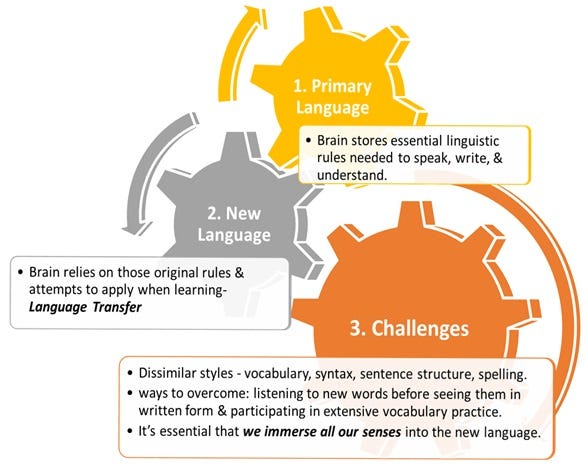Effective communication is essential for the success of any relationship or organization. However, there are often barriers that can prevent effective communication from occurring. These barriers can take many forms, including physical, cultural, language, emotional, and cognitive barriers. In order to overcome these barriers and improve communication, it is important to identify the specific barriers that are present and implement strategies to address them.
One common barrier to communication is physical distance. When people are not physically present, it can be difficult to communicate effectively. This can be particularly challenging in a world that is becoming increasingly globalized, with people working and collaborating remotely from different locations. To overcome this barrier, it is important to utilize technology to facilitate communication, such as video conferencing, messaging apps, and collaborative software. It is also important to be proactive in scheduling regular meetings or check-ins to ensure that everyone is on the same page and to provide an opportunity for open communication.
Another barrier to communication is cultural differences. People from different cultures may have different ways of expressing themselves and interpreting the words and actions of others. This can lead to misunderstandings and difficulty in communication. To overcome this barrier, it is important to be aware of and sensitive to cultural differences, and to make an effort to learn about the customs and communication styles of others. It is also helpful to be open to learning about different perspectives and to be willing to adapt one's own communication style when necessary.
Language barriers can also be a significant obstacle to effective communication. When people do not speak the same language, it can be difficult to understand one another and to effectively convey ideas. To overcome this barrier, it is important to utilize translation tools and language services when necessary. It is also helpful to make an effort to learn the language of others, even if only at a basic level, as this can help to build rapport and facilitate better communication.
Emotional barriers can also hinder communication. When people are feeling upset or stressed, it can be difficult for them to effectively communicate their thoughts and feelings. To overcome this barrier, it is important to create a safe and supportive environment where people feel comfortable expressing their emotions. This may involve actively listening and showing empathy, and taking the time to understand the perspective of others.
Cognitive barriers, such as a lack of knowledge or understanding, can also hinder communication. When people do not have a common frame of reference or are not familiar with the same concepts, it can be difficult to effectively communicate. To overcome this barrier, it is important to provide education and training to ensure that everyone has a shared understanding of the information being discussed. It is also helpful to provide clear and concise explanations and to use visual aids and examples to help clarify concepts.
In conclusion, there are many barriers to communication that can hinder effective communication. By identifying the specific barriers that are present and implementing strategies to address them, it is possible to overcome these obstacles and improve communication. This is important for the success of any relationship or organization, as effective communication is essential for building trust, collaboration, and understanding.








